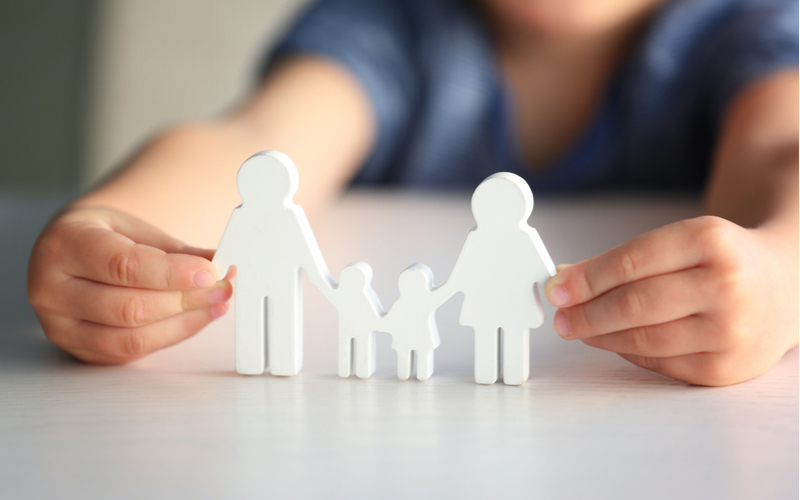While some parents go into adoption with a specific mind set or desires for how they’d wish to start or expand their family while others fall into adoption rather casually and sometimes by pure chance.
In some cases, prospective parents are already open to the idea of accepting a child into their family no matter what the race, gender or even health condition of the child is.
And sometimes the love and bonding of a child inspires adoption in foster to adopt situations.
Regardless, of how special needs adoption comes to be, the universal theme is love.
I had the opportunity to interview two families on their special needs adoption. Their candid responses to my question left me feeling in such awe.
As a special needs parent myself by way of a biological child, I was extremely interested in what led a set of parents to adopt a child with special needs, and in some cases with severe disabilities and challenges or even a shortened life expectancy.
Essentially, why would you say yes to raising a child that you knew would change the dynamic of your life so drastically?
Their responses were everything you’d hope for and more.
I asked Autumn Hernandez, Mom to a primarily typical daughter who is sixteen and a younger adopted daughter, what she perceived as her greatest joys and rewards from becoming and adopted parent to a child with special needs.
She replied, “Some of my greatest joys are seeing the improvements she makes and the milestones she hits.
Above all the greatest joy is the smile on her face when she hears momma.
To her I’m just mom there is no adoption or other mom it’s just mom.”
Likewise I asked the same question to Kelly Price, a mom that describes her “biological daughter as twice exceptional and her youngest having sensory issues.”
Kelly, didn’t seem to bat an eye at the idea of incorporating an additional child into the already existing challenges of special needs parenting.
I also asked Kelly the same question about what her greatest joys and rewards from special needs parenting were and she expressed; ” “Meh, I would say they are the same joys and rewards you get from raising any child.
She has grown and achieved so much beyond what the ‘experts’ thought possible.
Relationship dynamics after a child with special needs has been introduced into your circle of friends, close family and extended family have always been of particular interest to me.
I’ve found special needs parents of biological children often have a difficult time with family and friends after the birth or diagnosis of their child with special needs.
In many cases they express abandonment of their closest friends, withdrawal of support of family, and relationships that cease to exist over time.
However, the opposite seems to be true in cases where a family has adopted a child with special needs into the family.
Kelly stated that she found that her “family and friends accepted her very quickly and have been there for us throughout.”
Likewise, Autumn replied that while it perhaps changed some of her extended family dynamic, “but beyond that I don’t believe it has changed any other relationships or support/assistance.”
I asked both Kelly and Autumn if they felt that they were treated differently than those who have biological children with special needs.
And both wholeheartedly agreed that they do feel that they are treated differently.
Kelly states that people continually tell her that she is, “special to take that on” – she hates that.
Autumn told me much the same, that people tell and, “act as if my husband and I are saints for adopting her which I find extremely annoying because the fact is no matter her needs she’s just my baby girl and I don’t do anything any other parent wouldn’t do.”
Special needs adoption might not be for everyone, but for the families that decide that is where their life’s journey has led them to do, everything I felt and experienced with these two mother’s sharing their hearts with me, made me feel nothing but a whole world full of love.
